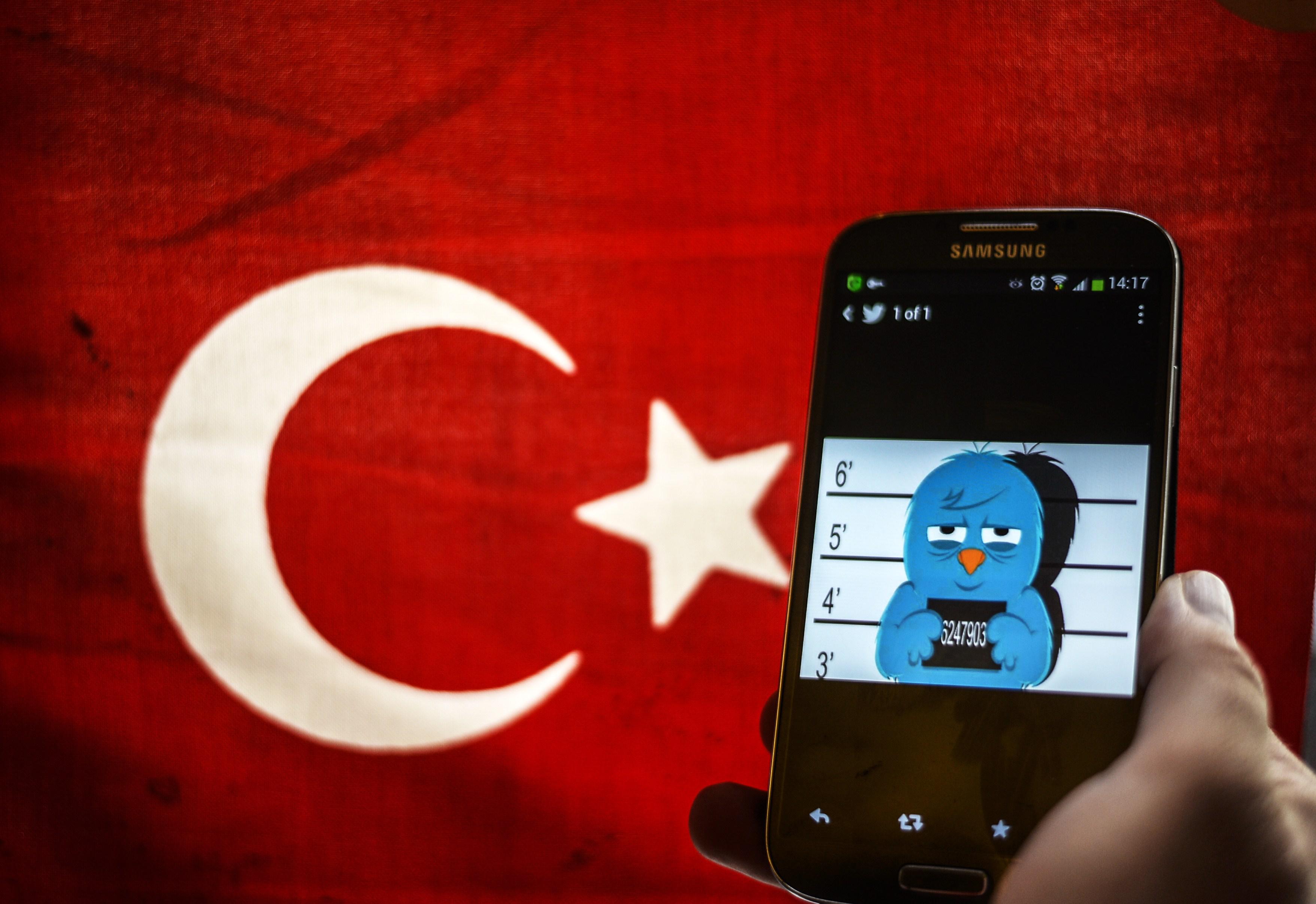The Turkish government lifted a two-week-old ban on Twitter on Thursday. The change of heart came a day after the country’s constitutional court ruled the country-wide blackout violated individuals’ freedom of expression. The timing of the change of policy is pretty convenient for the government and Prime Minister Recep Tayyip Erdogan. The social networking site was shut down on March 21, in the run-up to important local elections in the country, after a series of leaked wiretapped phone conversations implicated the Prime Minister and his inner circle in number of sweeping corruption scandals. Turkey’s Prime Minister vowed to “eradicate” Twitter, but two weeks may have been enough to do the trick.
Erdogan’s government doubled down on the Twitter ban last week, also banning access to YouTube just days before the elections, as the BBC reports, “after a video on the website appeared to reveal top officials discussing how to stage an undercover attack inside Syria.” On Thursday, however, following the court’s orders, freedom of 140-character expression was restored. Here’s more on the Twitter reversal via the New York Times:
The ruling by the Constitutional Court was handed down on Wednesday, but the government did not move to lift the ban on Twitter until Thursday evening — a time lag that generated a great deal of speculation about whether the government would abide by the ruling. A failure to do so would have set up a confrontation between the executive and judicial branches of the government, and probably emboldened Mr. Erdogan’s many critics, who say the prime minister has become increasingly authoritarian. The lifting of the ban is likely to take some of the heat off Mr. Erdogan in international circles, where he has faced vocal criticism for measures he has taken to push back against the corruption investigation. But with a ban still in place on YouTube, and with other government steps to consolidate power — like purging the police force and judiciary and approving a law giving the government greater control over the courts — seemingly irreversible, domestic and foreign critics are unlikely to be satisfied. In its ruling, the court called the Twitter ban “illegal, arbitrary and a serious restriction on the right to obtain information.” An earlier ruling against the ban by an administrative court in Ankara, the capital, had not been recognized by government authorities.
